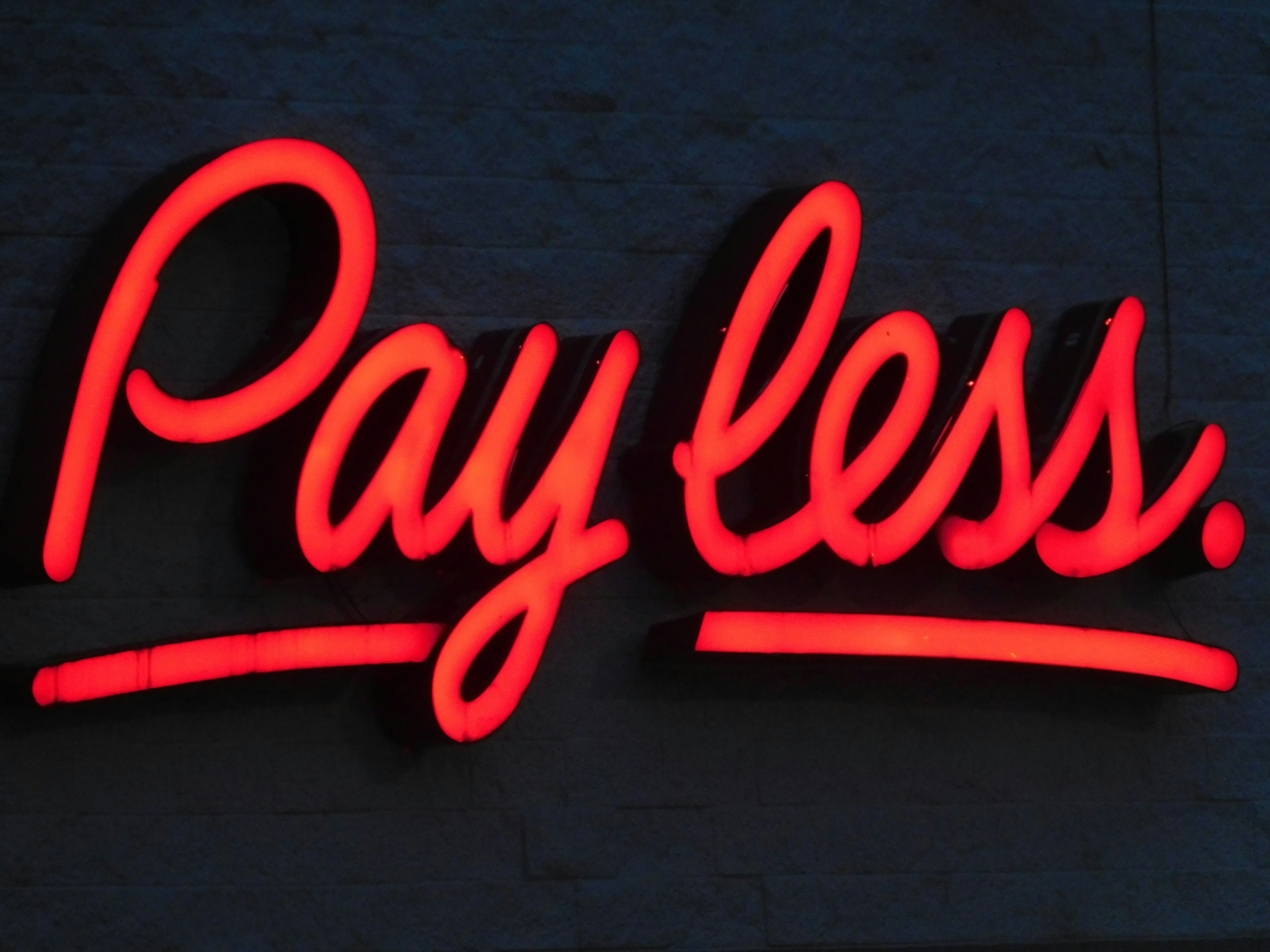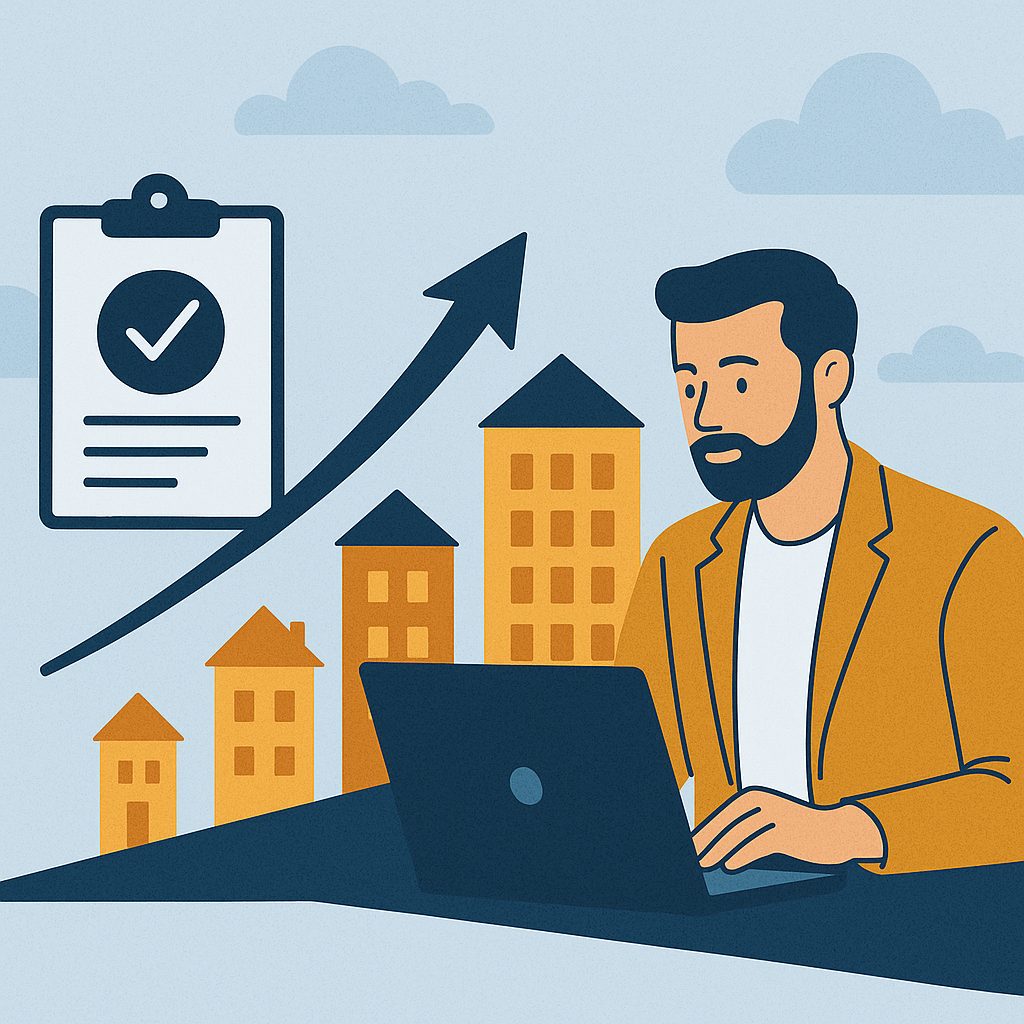Property Management
Gone are the days when property managers would monitor their properties manually. Now, #PropTech (property technology) like property management software is available to make tracking leases and maintenance requirements, collecting rent, and managing finances easier and more convenient.
But when it comes to property management software, there are two categories you need to take note of — cloud-based property management software and desktop-based property management software.
In this article, you’ll discover what each of these categories is, how they differ, and which one is best for your situation.
What Is Cloud-based Property Management Software?
Cloud-based property management software, also known as online property software is accessible over the internet. This means that all your data will be housed securely off-site and you can access it at any time and from anywhere.
Since all your information is stored safely in a centralized platform, there’s no need to install any additional software. All you need to do is log into the program online through your web browser, mobile device, or tablet, and you can get your hands on all your important data.
What Is Desktop-based Property Management Software?
On the other hand, desktop-based property management software runs a program on your desktop or computer. Unlike cloud-based software that you can access on different devices over the internet, desktop software is limited to the device the app or program was installed on.
Because of this, there are a few limitations to this type of software. Besides its permanent residence in specific hardware, it also requires a specialized IT team to maintain, implement, and upgrade regularly. As such, the only time and place for you to gain access to manage your property and keep track of all the changes is when you’re at the office.
What’s the Difference Between the Two?
Now that you have a basic background on what each of these software means, it’s time to dive deeper and see how they differ.
On the one hand, with cloud-based software, all your data is stored in a cloud, giving you the freedom and flexibility to access it anytime and anywhere, as long as you have a stable internet connection.
Because your data is stored online, you also have the advantage of having unlimited storage capacity, making file backup easier. Not only that but depending on how you want to use it, you can also customize your software to include specific features so you can stay on top of your tasks.
On the other hand, while desktop software is an on-premise application that doesn’t require an internet connection, it is limited by hardware. This means that it has restricted accessibility that can make it difficult for you to track your property outside the office.
If you want to access your information on more than one device, you can do so by installing the same desktop software on multiple devices. Just keep in mind that desktop apps may have limited compatibility. So while they may work on desktops and computers, they might not function properly on your mobile phones or tablets.
Which Is Better?
Both options offer their own sets of advantages, but looking at it at a broader level, you can benefit more with cloud-based property management software. Here’s why.
It Offers Scalability
Cloud-based property management software is not bound by one device, giving you more scalability to add and modify the features you need. For instance, you can add extensions through the cloud to customize the software to fit your needs.
It Has Data Recovery
Customer data is one of your biggest assets as a property manager, so imagine the setbacks you will face when you lose them through technical issues. Luckily, with cloud-based software, your data is stored by a third-party service provider. Even if something happens to your computer, your data will remain intact, safely in the cloud.
It Bridges Communication Between Tenants and Landlords
As a landlord, communication is key. You need to be on top of tenant engagements and ensure that you reply to every one of their queries. That’s where cloud-based software comes into play.
With built-in communication features like text, call, and email, you can directly reach out to your tenants through the dedicated portal. As such, you won’t need to open various channels just to interact with them.
Through cloud-based software, you can say goodbye to confusing threads and hello to convenient communication.
It Automatically Updates and Releases New Features
One of the main issues with desktop-based property management software is the need to constantly update and implement new features of the app. The worst part is, it can take hours to accomplish, which can impact the productivity of your daily operations.
To avoid all the hassle of wasting valuable time waiting for updates, you can opt for cloud-based alternatives, which offer automatic updates and releases. This means that every new integrated feature is synced in the cloud immediately, ready for use. Every time you log in, you can experience significant improvements in the system and enjoy a plethora of benefits.
The Future of Property Management Software Is in Clouds
At the rate at which this industry, as well as technology, is progressing, implementing digital technologies — like the cloud — to improve daily processes has become a must. Not only will it help with administrative tasks but, more importantly, it will also enhance business operations, streamline processes, and offer a wide range of benefits.
That being said, it’s clear to see how the cloud is the future of PropTech, along with other industries. Forbes has already laid out some of the cloud trends that businesses need to watch out for in 2023 and beyond so they can stay on top of their game and expand their services.
While cloud systems are constantly innovating and evolving, there are still some vital features that remain timeless and indispensable, especially for industries like real estate and property management.
Features of a Cloud-based Property Software
Some of the key features that make the cloud the future of property management include the following:
- Real-time reporting and analysis to drive business decisions
- Flexible package management systems for better customization
- Direct online booking for hassle-free applications
- Built-in residential portal to access tenant data conveniently
- Document library to create housing files and templates
- Advanced searching for sifting through complex data
- Automated tasks to save valuable time and energy
- Property marketing to keep track of prospects and leads
You can get all these and more with an all-in-one solution like ExactEstate.
ExactEstate: Your Trusted Cloud-based Property Management Software
The future of property management software lies in the clouds. That’s why we at ExactEstate are offering a comprehensive cloud-based software solution to help property managers stay on top of their long to-do lists and keep track of their property needs.
Through our innovative cloud-based property management software, you can ensure 100% tenant satisfaction and ultimately grow your business.
Book a demo with us today to see the difference cloud software can make in property management.






